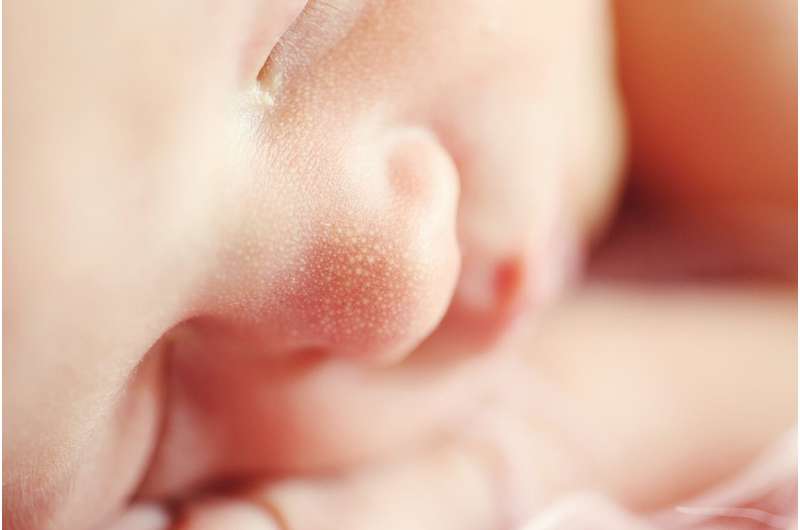Study shows preventability of adverse fetal or neonatal outcomes


A study led by a Te Herenga Waka—Victoria University of Wellington researcher shows more than half of adverse fetal or neonatal outcomes linked to women with life-threatening complications in pregnancy could have been prevented.
The study, published in the Australian and New Zealand Journal of Obstetrics and Gynacology, found fetal or neonatal harm associated with severe maternal morbidity (SMM) was potentially preventable in 54.1 percent of the 85 cases reviewed. Adverse outcomes include death and admission to a neonatal intensive care unit or special care baby unit.
Preventability was related to maternal antenatal/peripartum care (in utero) in 39 percent of cases, initial neonatal care (ex utero) in 36 percent, and to both maternal and neonatal care in 20 percent of cases.
SMM occurs in 1–2 percent of pregnancies. Although it has been linked to poor outcomes for the baby, there has been limited research into how these outcomes could be prevented.
The study showed the main contributors to potential preventability were a lack of recognition of high risk, delayed diagnosis or failure to diagnose, and delayed or inappropriate treatment.
Lead researcher Professor Bev Lawton (Ngāti Porou), director of Te Tātai Hauora o Hine—Centre for Women’s Health Research in the University’s Te Wāhanga Tātai Hauora—Wellington Faculty of Health, says when a pregnant mother is ill the whole focus of care often moves to where the big event is happening.
“But we need to think about both. We found there were quite a few things you could do that could deliver a better outcome for the baby in these fraught situations where the mother is very ill.
“Many of these are routine things. Things like keeping the baby warm, checking the baby’s temperature and the room temperature is right—that’s a World Health Organization recommendation but we know that’s a problem—checking the baby is not low in blood sugar and for things like sepsis. These are simple things.
“In the study, we found there were errors in care. Humans make errors—we need to know how to limit them. There are some really nice learnings for people here and we can act on them.”
Protocols such as ensuring someone is dedicated to looking after the baby during this event would be helpful, she says.
“Some hospitals have that routinely overseas but I don’t think we have that as a protocol here. In smaller hospitals, it’s difficult because of the extra hands needed.”
Professor Lawton says this is the first study of its kind to look at the full pathway of care from maternity to neonatal, enabling identification of opportunities to improve fetal and neonatal outcomes at multiple points.
“This was quite new, obstetricians, midwives, pediatricians and neonatal nurses looking together at this rather than just at their own area. We found there were things we can do to make the baby’s health better—just like we could with the mother.
“This is a preliminary study, we need to review more cases and look at our practice further— see what happens in these circumstances and if there is a protocol we’d like to put in, or if we already have it are we actually doing it?”
Source: Read Full Article